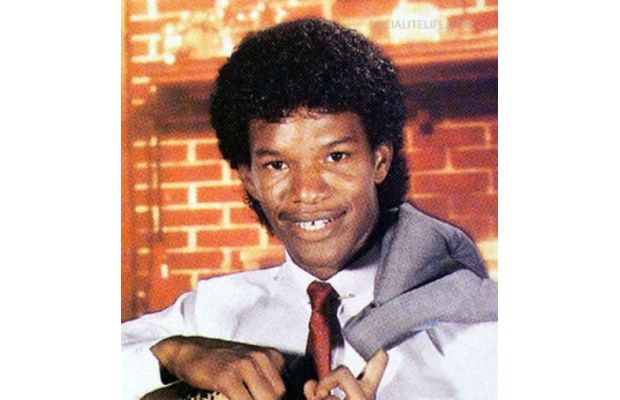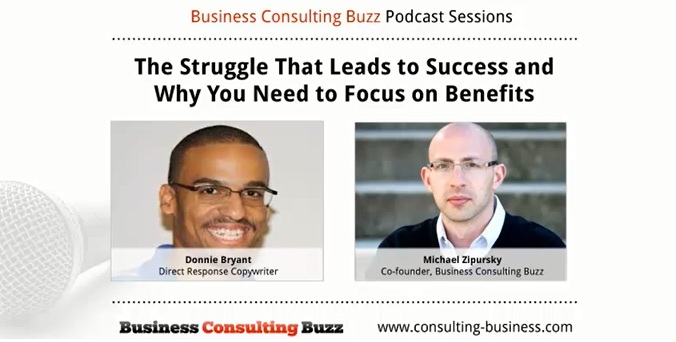Conversion is always an internal change. To borrow the words of Jeff Sexton, “all persuasion is self-persuasion.”
You use your words to paint vivid, evocative images in the minds of your prospects…their response will correspond directly with their desires, motivations and priorities…
You base your marketing messages or sales pitch on the quest they’re on, the vision they have for their lives and the way they see their place in the world…
You do your best to be convincing…but those who become your customers are those who convince themselves that you can deliver the results they want.”
Other than Jeff Sexton, I haven’t heard any other expert say that persuasion is always ultimately self-persuasion. But I tell you, it’s the truth.
And whether he knows it or not, Robert Cialdini agrees with this assertion. If you analyze the 6 principles from his book Influence, you’ll see what I mean. Check it out.
Reciprocity – When someone does something for you or gives you something, you feel indebted to them. You want to pay them back, because you don’t like to feel like you own anyone anything. Reciprocity is the desire to rid yourself of that feeling.
No one makes you feel the need to reciprocate, but when they take the first step by giving you something, they start the process.
The outcome is pretty predictable.
Consistency – We all want to stay true to the statements we make. We have an inner desire to maintain consistency to things we say or write. We convince ourselves that it’s important to do what we say we’ll do. We have an even bigger problem deviating from what we proclaim ourselves to be. If I say I’m an art collector, I better start acquiring some nice pieces!
Our desire to be consistent with the positive things other people think about us (or what we want them to think about us) can be even more compelling.
Social Proof – Everyone wants to be seen as an individual. But at the same time, we have a deep-seated desire fit in somewhere. There’s safety in numbers, right?
A lot of times, we really want to do something and all we need to gain the confidence to pull the trigger is the knowledge that other people (just like us) have done the same thing safely and with satisfactory results.
Liking – I like you. It gives me pleasure to buy from you. I enjoy the feeling of supporting you or your cause, feeling like I’m helping you succeed, etc.
So, naturally, I can persuade myself that doing business with you is a good idea. Even if I don’t really need what you’re selling. Or, if I have to choose between two vendors, I’ll often pick the person I like better instead of the cheaper choice or even the one with higher quality.
How many times have you done that?
Authority – We’re designed to trust people in positions of authority. It starts when we’re kids obeying our parents and believing everything they tell us. Even as we get older and gain autonomy, we never fully get rid of this disposition.
We protect ourselves from making bad choices by defer to people who know better than we do. Self-preservation is a powerful desire.
Scarcity – Missing out on something you could have had is a horrible feeling. We don’t want to feel that. We’ll jump through all kinds of hoops to avoid that feeling. That’s why scarcity or urgency works in marketing.
Sometimes we make a choice more to protect ourselves from this feeling of missing out on an opportunity than from the desire for the object itself.
The evidence is plain. Persuasion is always, at its root, self-persuasion. And although he’s never said it, Robert Cialdini agrees with me (and Jeff Sexton, of course).


